Arthur Taylor lied about his age in order to join the Territorial Army in 1936. At the outbreak of World War Two, he signed on with the British Royal Airforce (RAF) and trained as a wireless operator.
A bout of pleurisy cut short his ambitions to fly in Lancaster bombers, so he served as ground crew instead. In 1940, he was in Arras, Northern France with the RAF’s No. 13 Squadron, and later with the Royal Artillery as a forward spotter.
By early May, Taylor’s unit was advancing along the River Dyle in Belgium but was forced to retreat at the Bergues Canal by the German’s Blitzkrieg of the low countries. Eventually, they made their way to Dunkirk where they had to queue for hours to get on a boat.
The regiment had had no food or water for days. They visited a café in Dunkirk for water for their canteens, but there was none. The Germans had bombed the incoming water main days before. Instead, the retreating British soldiers were offered red wine as that was all that was left.
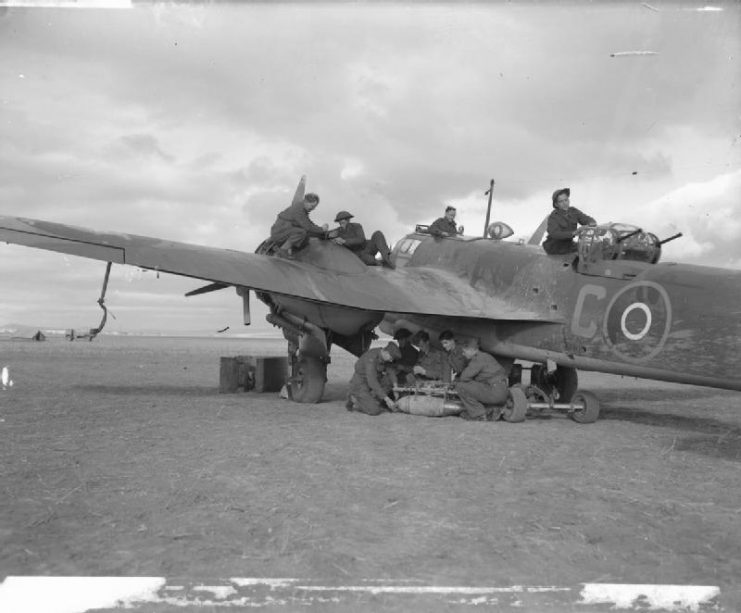
For the next 36 hours, Taylor and his comrades queued on the beach in a column 20 men deep while all around them shells fell and machine-gun fire raked across the defeated soldiers. He was eventually picked up by an armed trawler, the Lord Grey, and transported to Dover.
His experience was called upon most recently by Hollywood director Christopher Nolan, for his re-telling of events in his 2017 film, Dunkirk. Arthur was a VIP guest at the UK premier of the movie.
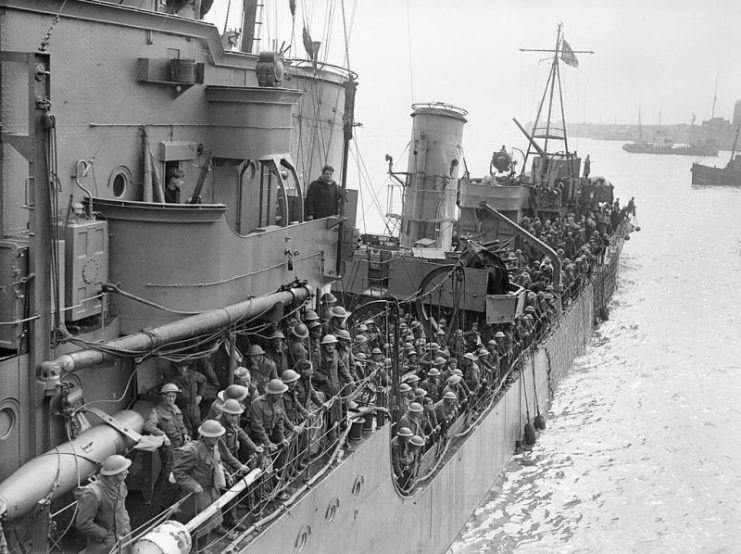
In 2015, Arthur Taylor had been at the head of a parade in his adopted hometown of Bournemouth to commemorate the seventy-fifth anniversary of Operation Dynamo at Dunkirk.
More than 330,000 men were evacuated from the beaches at Dunkirk by a flotilla of ships. The Operation took from May 26th to June 4th, 1940 to complete with the help of hundreds of small merchant craft, pleasure boats, yachts, and lifeboats. All of the British Expeditionary Force’s vehicles, ammunition, and equipment had to be left behind.
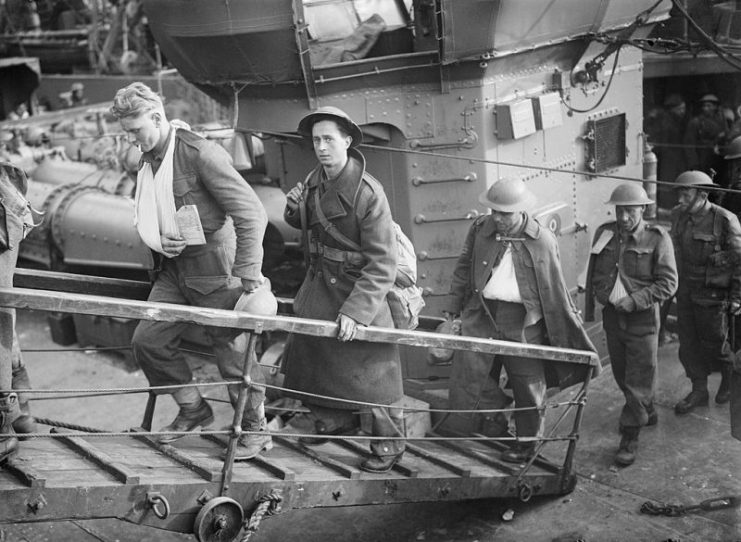
As the British, Belgian, and French troops were evacuated, the German Luftwaffe flew hundreds of bombing sorties. They dropped 15,000 high explosive munitions and 30,000 incendiary bombs. Many ships were destroyed in the harbor before they could leave, adding to the chaos.
Once on board ship, the danger to life was not over. There were three official routes across the channel, one of which meant staying close enough to the French shore to remain vulnerable to attack by on-shore batteries. Another route took ships around a mine-field and between sandbanks and could not be used at night.
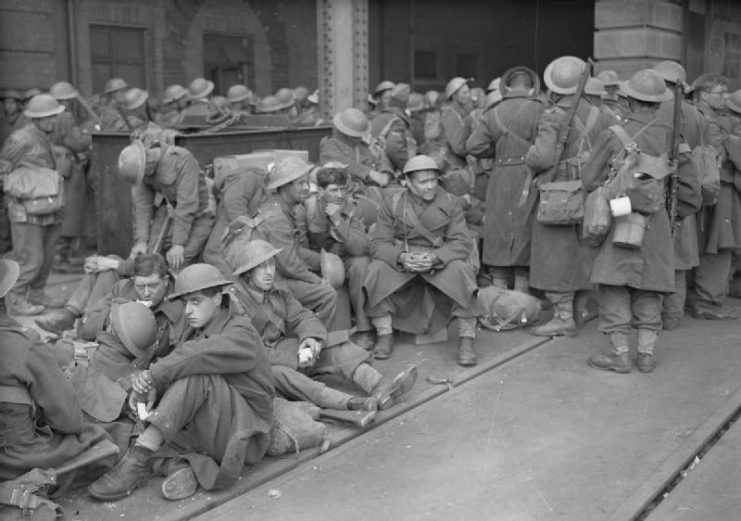
Of 863 ships used during Operation Dynamo, 243 were sunk. In the House of Commons, Prime Minister Winston Churchill was careful to moderate the relief felt by many when he said that, “Wars are not won by evacuations.”
After Arthur Taylor had recovered from Dunkirk, he went on to serve at RAF Hawkinge and RAF Lympne where he worked as ground crew for Spitfires during the Battle of Britain. He met his wife at RAF Christchurch in 1941. They were married the same year.
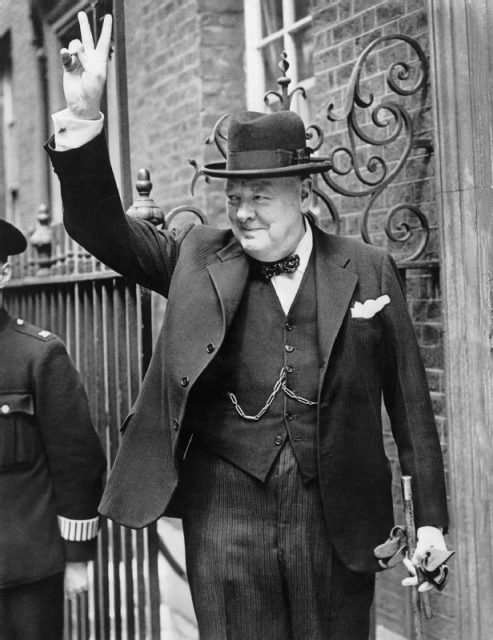
After the war, he could not settle to civilian life, so he rejoined the RAF and served overseas in Kenya, Hong Kong, and Singapore during the Malayan Emergency in the 1950s.
Arthur Taylor died in hospital in Bournemouth following a fall in November 2018. He leaves his wife, Vera, six children, thirteen grandchildren, and twelve great-grandchildren.
